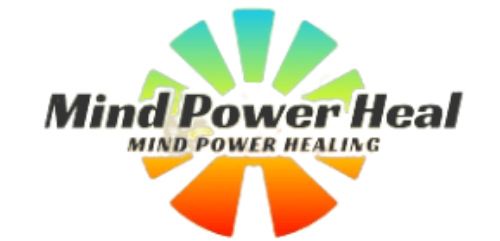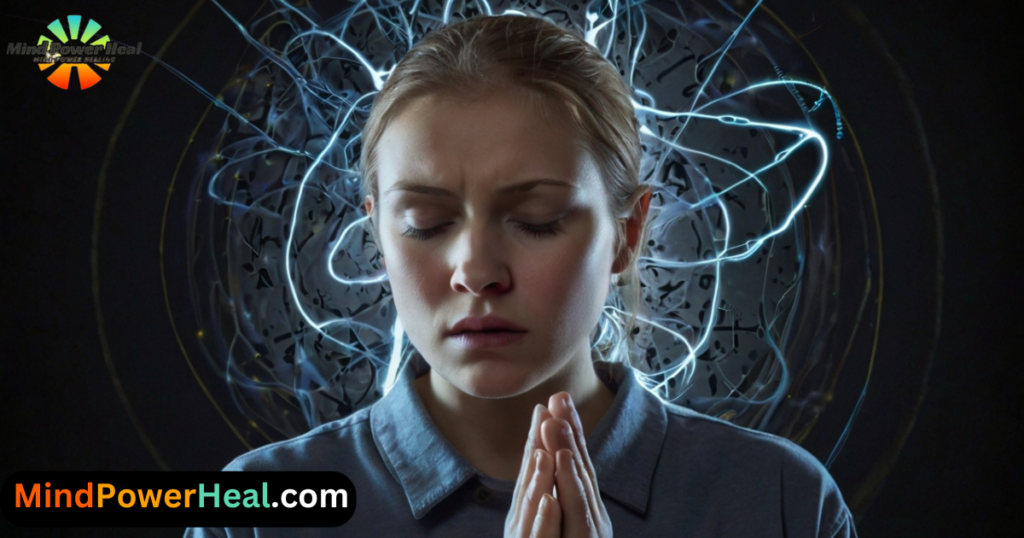Depression and anger are often interconnected, with anger frequently manifesting as a symptom of depression. Understanding what are symptoms of depression and anger can aid in identifying these issues early and seeking appropriate treatment. Mind power healing offers immediate strategies for managing these symptoms, promoting emotional well-being and mental health.
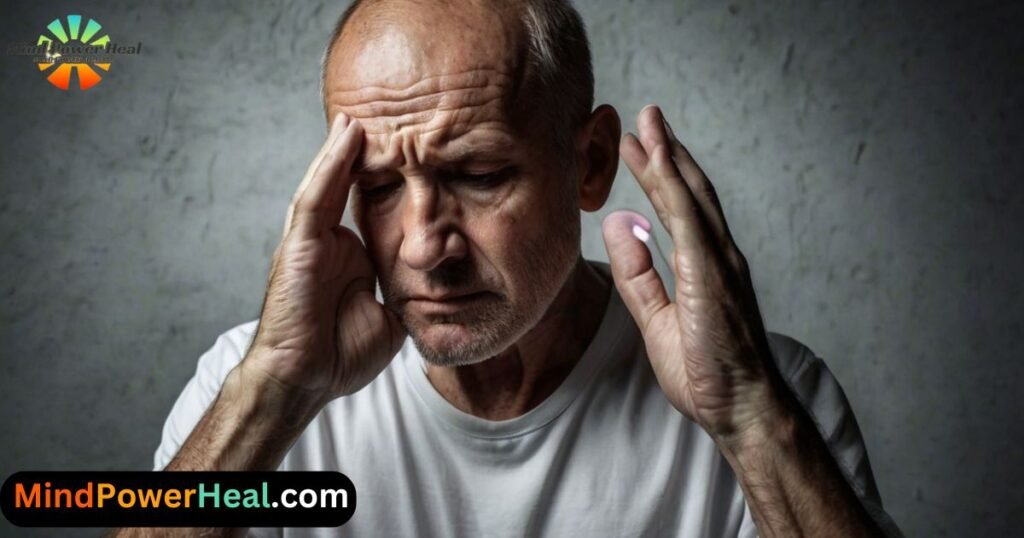
What Are Symptoms of Depression and Anger?
Depression and anger can present through a variety of emotional, cognitive, and physical symptoms. Recognizing these symptoms is crucial for effective management and intervention.
Emotional Symptoms
- Persistent Sadness: A constant feeling of sadness or emptiness.
- Irritability and Anger: Increased irritability and frequent angry outbursts, often disproportionate to the situation.
- Hopelessness: Feeling hopeless, helpless, or worthless.
- Loss of Interest: Disinterest in activities once enjoyed, including hobbies, social interactions, and work.
Cognitive Symptoms
- Difficulty Concentrating: Trouble focusing, making decisions, or remembering things.
- Negative Thought Patterns: Persistent negative thoughts, self-criticism, and excessive guilt.
- Racing Thoughts: During anger episodes, thoughts can become rapid and overwhelming.
Physical Symptoms
- Fatigue: Constant tiredness or lack of energy, even after adequate rest.
- Sleep Disturbances: Insomnia, early-morning awakening, or oversleeping.
- Appetite Changes: Significant weight loss or gain due to changes in appetite.
- Tension and Aches: Muscle tension, headaches, and other unexplained aches and pains.
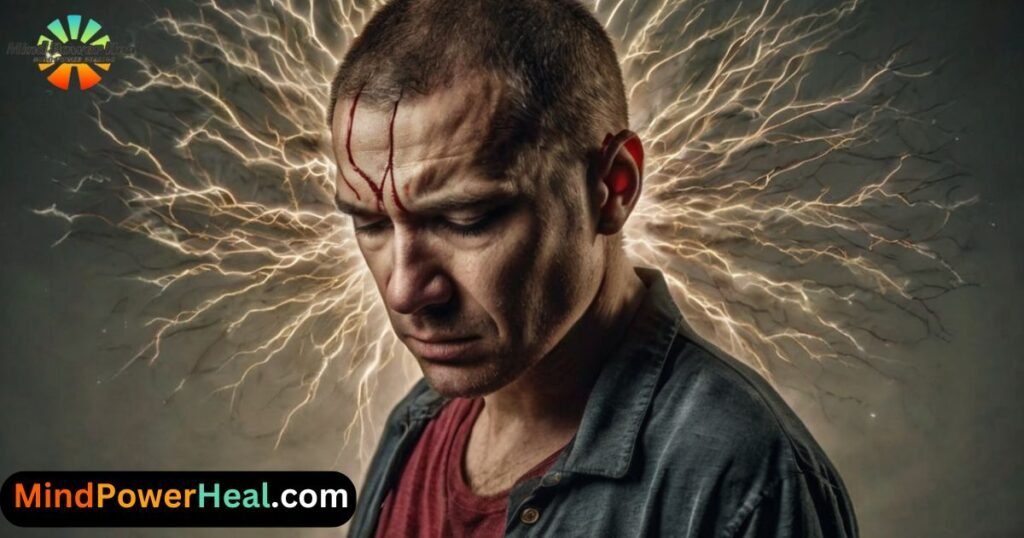
Mind Power Healing for Immediate Control on Depression and Anger
Mind power healing techniques can provide immediate strategies for controlling symptoms of depression and anger. These methods focus on harnessing the mind’s potential to achieve emotional balance and mental clarity.
Mindfulness and Meditation
- Mindfulness Meditation: Practicing mindfulness helps individuals become aware of their thoughts and emotions without judgment, promoting a sense of calm and reducing anger.
- Guided Meditation: Using guided imagery to visualize peaceful scenarios can help reduce stress and manage depressive symptoms.
Cognitive Behavioral Techniques
- Cognitive Restructuring: Identifying and challenging negative thoughts that contribute to depression and anger. Reframing these thoughts can lead to healthier emotional responses.
- Behavioral Activation: Engaging in positive activities can improve mood and reduce feelings of anger and hopelessness.
Breathing Exercises
- Deep Breathing: Practicing deep, slow breathing techniques to calm the nervous system and reduce physical symptoms of anger and anxiety.
- Diaphragmatic Breathing: Focusing on breathing deeply from the diaphragm to promote relaxation and decrease stress levels.
Positive Affirmations and Visualization
- Affirmations: Repeating positive statements can help shift the mindset from negativity to positivity.
- Visualization: Imagining oneself handling stress and anger in a calm and constructive manner can increase confidence and reduce emotional outbursts.
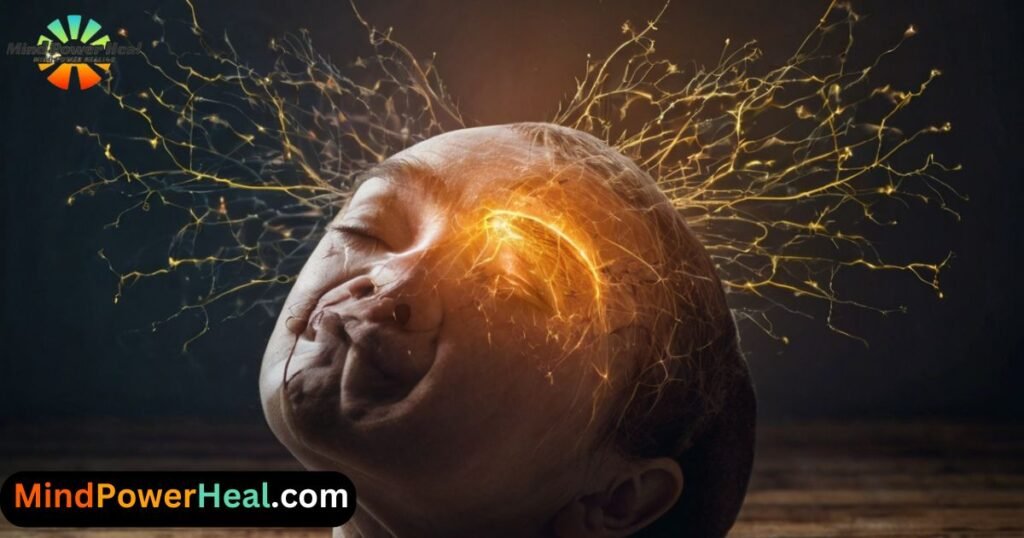
Conclusion
Understanding what are symptoms of depression and anger is essential for effective management and improved quality of life. These symptoms can range from emotional and cognitive challenges to physical discomfort, significantly impacting daily functioning and relationships. Mind power healing offers immediate and effective strategies for managing these symptoms by leveraging mindfulness, cognitive behavioral techniques, breathing exercises, and positive affirmations to promote emotional balance and mental clarity. By combining these strategies, individuals can better manage their depression and anger, achieving a more stable and fulfilling life.
Frequently Asked Questions
1. What are the common symptoms of depression and anger?
- Common symptoms include persistent sadness, irritability, anger, hopelessness, loss of interest, difficulty concentrating, fatigue, sleep disturbances, appetite changes, and muscle tension.
2. How can mind power healing help manage depression and anger?
- Mind power healing techniques like mindfulness, meditation, cognitive restructuring, deep breathing, and positive affirmations can help manage and reduce symptoms of depression and anger by promoting emotional balance and mental clarity.
3. Can depression and anger be controlled without medication?
- While medication is often necessary, incorporating mind power healing techniques can complement traditional treatments and provide immediate strategies for managing symptoms.
4. How does cognitive restructuring work in managing depression and anger?
- Cognitive restructuring involves identifying negative thought patterns that contribute to depression and anger and reframing them into more positive and constructive thoughts.
5. What role does mindfulness play in managing depression and anger?
- Mindfulness helps individuals become aware of their thoughts and emotions, allowing them to respond more calmly and avoid reactive outbursts, promoting overall mental well-being.
